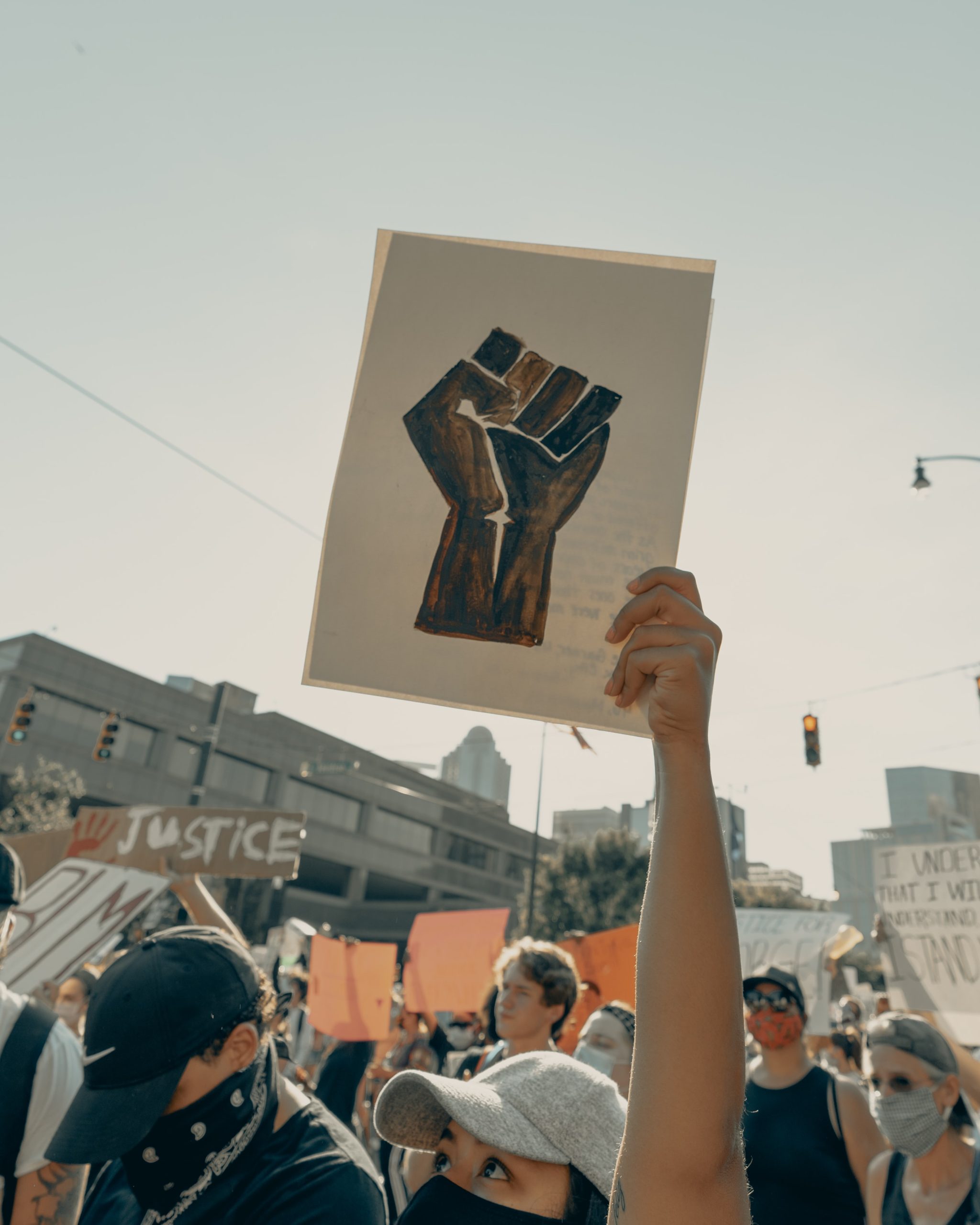
To the IIS community of faculty, staff, students, and community partners
I’ve had the pleasure to talk to many of you over the last few days, as we struggle individually and collectively in the wake of horrific police violence against Black Americans such as George Floyd, Breonna Taylor, and Ahmaud Arberry, as well as the more local and disturbing police involvement in the tragic death of Regis Korchinski-Paquet here in Toronto, which has left questions that remain unanswered to date.
In the few years that I have had the honor to direct the IIS, it has evolved into a unique space for racialized scholars, students, and staff to discuss today’s most difficult issues, including racialized violence, in a safe and accepting environment. Working together in close proximity to one another has created for all of us powerful opportunities to listen and learn from each other, as we made coffee in the kitchen or shared lunch in the Seminar Room. It has been painful for me and others that COVID19 makes it hard for our team and our larger community to come together in our office space, with coffee mugs in hand, at a time when we would most benefit from our creative space and special community. This past week, I have felt the deep loss of our community; instead, like so many of you, I’ve had to sit alone watching painful newsfeeds with little opportunity to process these events together, as we have so many times in the past.
Along with my colleagues across the University, I too join in solidarity with our Black students, staff, and faculty (and more broadly, the Black Canadian community) to stand against anti-Black racism and violence. The Black Law Students Association at UofT, in a powerfully worded statement, has called upon all of us to counter the myth of Canadian post-racial harmony. To that end, they’ve also called upon institutions to break the deafening silence that has essentially left Black Canadians alone, isolated, and unheard. These affirmative institutional statements of solidarity are important for the University and its units, such as the IIS, which have for too long remained silent on issues related to racism and violence in Canada and abroad.
I’m grateful to the IIS’s community partners for their committed work against discrimination. One of our partners, the Black Muslim Initiative (BMI), has reminded us of the hard questions all of us have to address to unlearn the racism that permeates our society. Writing to Muslim communities in Canada, they ask about the ways in which we overtly and subtly enable white supremacy and anti-Blackness. BMI asks questions that are important to highlight across all communities, religious and otherwise. Reading their questions, I couldn’t help but wonder how we at IIS and in Islamic studies more generally would answer those questions in our academic context of advanced research:
- How do we feature Black Muslims in our curriculum on the study of Islam?
- How do we integrate anti-Black violence in theological, legal, sociological, and anthropological questions of justice in Islam?
- Other than the historical figure of Bilal, how do we feature Black historical figures in the teaching of Islamic history?
- How do we feature in our teaching and research the racism and subjugation of Black Muslims and Black people throughout Islamic history and within modern predominantly-Muslim countries?
And beyond the academy, BMI asks us to consider our implicit bias in the way we read current events:
- Do you automatically assume that the Black person who was killed didn’t comply with police orders?
- Do you believe that he or she could have avoided being targeted if only he or she dressed better and spoke proper English?
- Do you know anything about the history of Black people in the Americas and the enduring struggle they’ve been fighting against white supremacy for full recognition and equality?
These are questions that are sadly easy to answer with institutional histories of relative silence. As the IIS works to inaugurate its programming in the socially distant environment of COVID19, I look forward to working with the IIS team of students, scholars, staff, and community organizations, such as BMI and others, to help dismantle anti-Black racism in our various communities.
Sincerely,
Anver M. Emon




